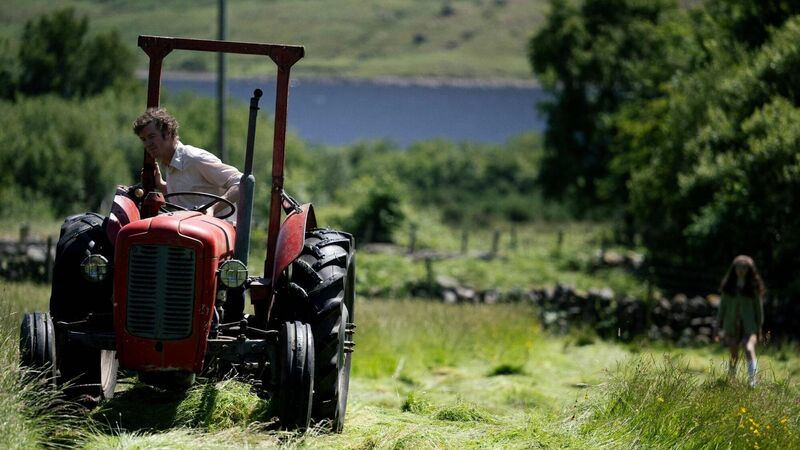Letters to the Editor: ‘That They May Face the Rising Sun’ is a movie masterpiece

Barry Ward in a scene from the film adaptation of John McGahern's novel, ‘That They May Face the Rising Sun’, directed by Pat Collins.
The slow depiction of rural life in the west of Ireland some time in the 1960s/70s unfolds at such a pedestrian pace that occasionally one looks at the time to see if it is worth staying to the end.
CLIMATE & SUSTAINABILITY HUB











